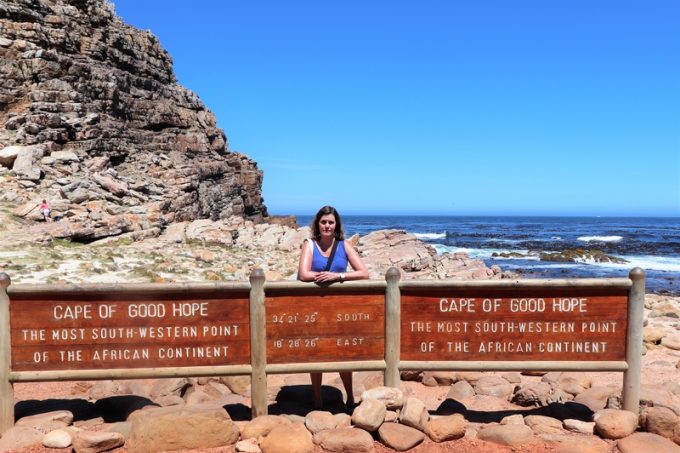Available extra box ship tonnage even harder to find this year
The number of cellular container vessels sold for recycling roughly halved last year, compared with ...

This story was altered at 2:15 on 14 December.
Carriers hit by slow demand, causing overcapacity and plummeting freight rates, are diverting Europe-to-Asia vessels around the Cape of Good Hope, effectively cutting capacity, but increasing greenhouse gas (GHG) emissions and saving on canal fees.
In its weekly report published today, Alphaliner lists 13 such ships – three of which are not confirmed – most belonging to carriers from THE Alliance.
“Based on an exemplary non-stop voyage from Rotterdam to Singapore, the diversion around ...
US tariffs and trade war will result in 'Covid-like' shortages and layoffs
Ecommerce air traffic to US set to grind to a halt as de minimis exemption ends
Where will the freighters go as capacity shifts from tariff-hit China-US lane?
Maersk u-turn as port congestion increases across Northern Europe
Apple logistics chief Gal Dayan quits to join forwarding group
Congestion and rising costs at Europe's box ports to last into summer
Widespread blanked sailings stave off major collapse of transpacific rates
Transpac rates hold firm as capacity is diverted to Asia-Europe lanes


Comment on this article